Seeking an analytic epidemiologist or a public health-oriented data scientist, statistician, or population biologist/ecologist with a PhD, MD, or DVM to serve as Analytics Team Lead for a group that addresses analytic priorities that include:
• Informing food safety policy and tracking progress toward food safety goals by analyzing large, complex databases from various government, industry, and public sources to estimate, for
bacterial enteric pathogens, the
o number of illnesses, hospitalizations, and deaths, accounting for limitations in surveillance and other data;
o percentage of illnesses acquired by each transmission pathway (food, water, animals, environment, and people);
o percentage of illnesses due to each source (especially food categories); and
o spatiotemporal changes in pathogens and sources responsible for infections
o assessing the possible role of changes in regulation, consumer preferences, food marketing, and pathogens in the trends in illnesses
• Incorporating epidemiologic data analytics into the genomic revolution
• Understanding and adjusting surveillance measures to account for the rising use of cultureindependent diagnostic tests in clinical laboratories that test specimens from ill people.
Background
This branch tracks the incidence of and determines risk factors for illnesses caused by Campylobacter, Escherichia coli O157 and other Shiga toxin-producing E. coli, Listeria, Salmonella, Clostridium botulinum, Shigella, Vibrio, Yersinia, and other known and possible bacterial enteric pathogens. The first four listed are a major focus because they cause many illnesses, hospitalizations, and deaths; are transmitted commonly by food; and are amenable to control by national food safety regulations and policies. Clinical laboratories send bacterial isolates from ill people to state health departments, where whole genome sequencing is conducted. CDC collects data on individual illnesses and outbreaks caused by these pathogens, often with detailed information about the person (e.g., demographics, exposures) and the pathogen (e.g., sequence type, antibiotic resistance, virulence factors). Congress, regulatory agencies, consumer groups, the food industry, and others rely on CDC data and estimates to target and evaluate control measures, and to track progress toward food safety goals. The Analytics Team assists with the design and conduct of epidemiological studies, including population surveys, matched case-control analyses, and other research projects, and uses traditional and advanced epidemiologic and statistical methods and software to conduct analyses, including regression, Bayesian methods, and machine learning.
Duties
• Supervise and mentor a team of doctoral and master’s-level epidemiologists and biostatisticians,
providing technical direction, advice, and guidance to staff and encouraging a team environment.
• Design and evaluate epidemiologic studies and data.
• Document analytic plans and modeling methods and publish scientific papers.
• Collaborate on projects within the Branch, across the Division, and with government agencies (especially food safety regulatory agencies).
• Develop reports and provide presentations to communicate technical information to nontechnical audiences.
Qualifications
Successful candidates will have a doctoral degree (PhD, MD, or DVM) and extensive training in epidemiology, biostatistics, or data science. Qualified candidates should have experience in the application of analytic methods, demonstrated by a relevant scientific publication record. Candidates should have demonstrated the ability to communicate effectively and work well in a collaborative and interdisciplinary environment. Knowledge of and experience with generalized linear mixed models, Bayesian methods, machine learning techniques, and other modern approaches to causal inference and statistical analysis is preferred. Strong computational skills are preferred (e.g., R, SAS, or similar software; BUGS, JAGS, or similar software; and special purpose software, e.g., @Risk or ArcGIS). An understanding of clinical infectious disease or experience in analyses of infectious disease data would enhance the application. For more information: Interested persons should send their resume/CV and a brief statement of interest to edebadminsupport [at] cdc [dot] gov by with the subject line: Analytics Team Lead. For more information, contact Beau Bruce, MD, PhD (lue7 [at] cdc [dot] gov).
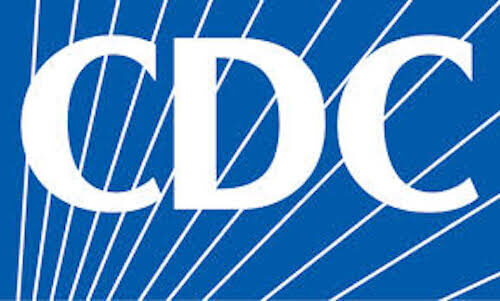
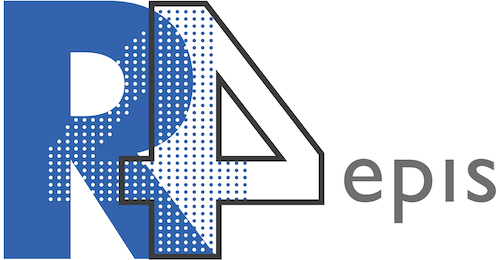
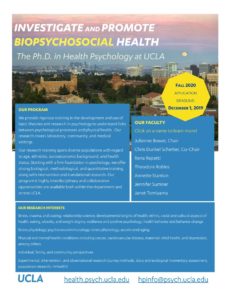

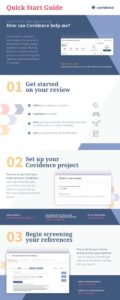
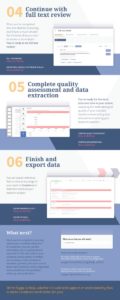


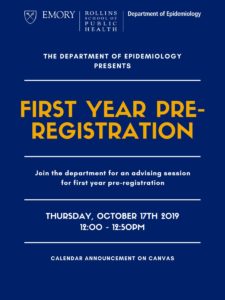
Recent Comments